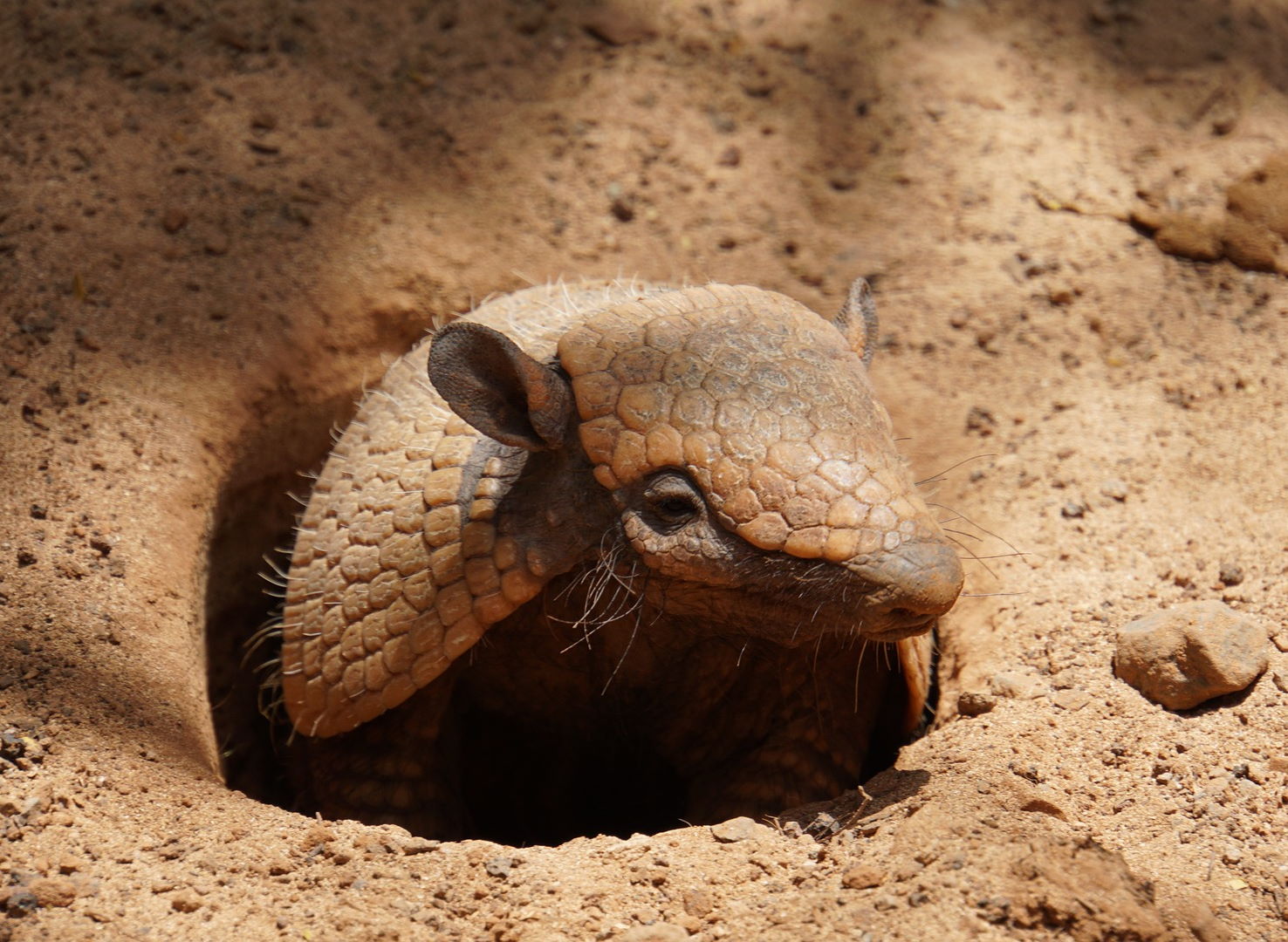Whilst we have been in lockdown for several weeks, it is business as usual for our wildlife.
The sun is shining bright outside and the weather is warming, making April and May busy months with many animals becoming more active. Adult foxes are out hunting for food to feed their emerging cubs, many flowering species are blossoming, butterflies like small tortoiseshell and peacock are becoming more active…the list goes on and on.
Just because the country is in lockdown, doesn’t mean that we can’t appreciate nature. Rich biodiversity can be seen not far from our doorsteps. Looking out my window now, I can see a honey bee hovering about, spiders spinning the glistening webs and many blooming flowers, along with the buzz of green bottle flies and the twittering of various birds. This just showcases how exciting the wildlife is in Britain, without the trek to the jungles of Madagascar. Did you know that there are over 4000 species of beetles found in the British Isles alone?!
Let’s explore some of the ways that you can get involved and learn more about the amazing variety of wildlife around us.

Learning Online
You can follow the University’s very own STEM Response Team with their #WildWednesday; a whole day dedicated to celebrating our natural world. Learn interesting facts about different animals and their unusual and funky traits, and discover how you can track your own animals in the wild! Each week is different and focuses upon a select animal family or country. From quick facts and infographics, to hands-on activities, to videos, there’s something to suit everyone’s preferences. Here’s a quick look at some of the wild content you can expect:
You can learn all about the red mason bees with Dr K as he explores his garden or camera trapping with our alumni Alastair.
And if you have got any science questions, don’t be shy and ask during their Ask Me anything sessions.
Visiting Zoos and Reserves Virtually
Zoos may be closed, but it doesn’t mean you can’t visit the animals from the comfort of your sofa. You can learn all about the local resident animals at the Telford Exotic Zoo on their Youtube Channel, such as their alien looking armadillos. The word Armadillo actually means “little armoured one” in Spanish. They are famous for being the only living mammal that has bony plates that covers their body. Contrary to popular belief, the only species that can curl up into a ball is the three-banded armadillo!
There are also many webcam streams of zoos, reserves and camera traps available online. You can observe the natural behaviours of wildlife across the British Isles and the rest of the world.

Get Busy
Are you a poo connoisseur? Ever wondered if you were an animal what you would be? Take these fun quizzes and put your skills to the test.
Now is a good time to get your hands dirty by make your outdoor space more wildlife friendly. Regardless of the size, there are things that you can do to help increase the biodiversity of your living space. You can see a compilation of activities that families can do together from Shropshire Wildlife Trust, along with activities catered to children and various gardening guides. RSPB also has more gardening activities, which includes how to make a pitfall trap and a hedgehog home.
A final word
Take a look out of your window. Listen and Observe. There is always time to get in touch with the natural world.
We cannot take responsibility for pages maintained by external providers and information contained. They do not constitute an endorsement or an approval by University Centre Telford of any of the products, services or opinions of the corporation or organization or individual.


/prod01/wlvacuk/media/departments/media-and-communications/images-18-19/220325-Engineers_teach_thumbail.jpg)
/prod01/wlvacuk/media/departments/media-and-communications/images-18-19/BBR_logo_large.jpg)
/prod01/wlvacuk/media/departments/media-and-communications/images-18-19/Wolves-Story-Thumb.jpg)
/prod01/wlvacuk/media/departments/media-and-communications/images-18-19/220505-BAS9-School-Showcase-Resized.jpg)
/prod01/wlvacuk/media/departments/business-solutions/images/banners/business-we-back-you-500x250.jpg)